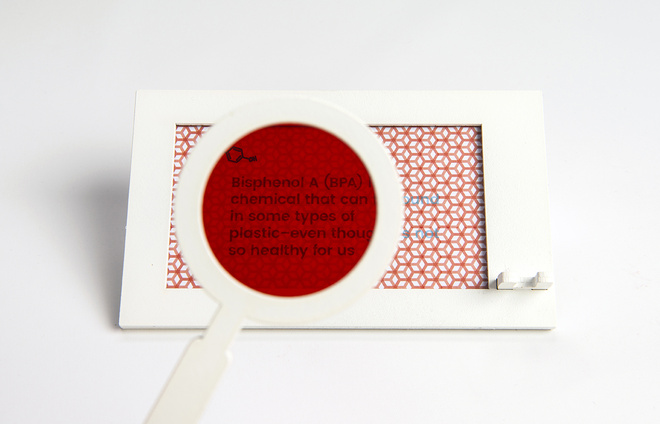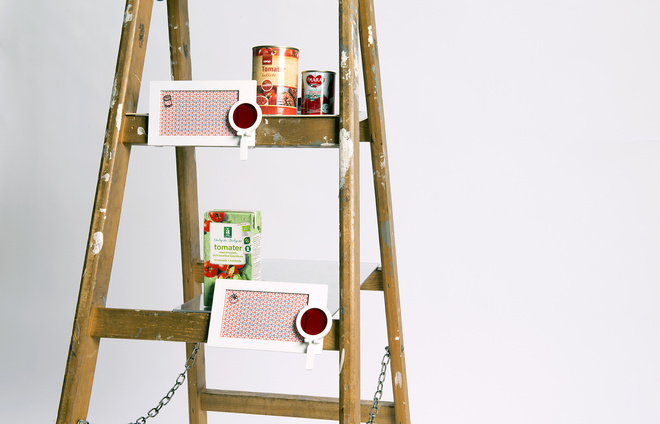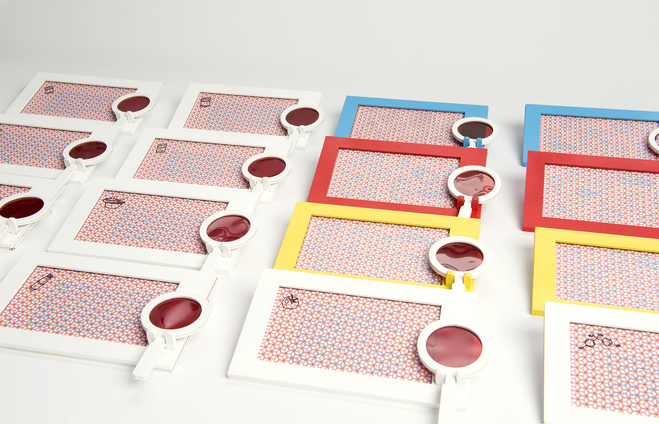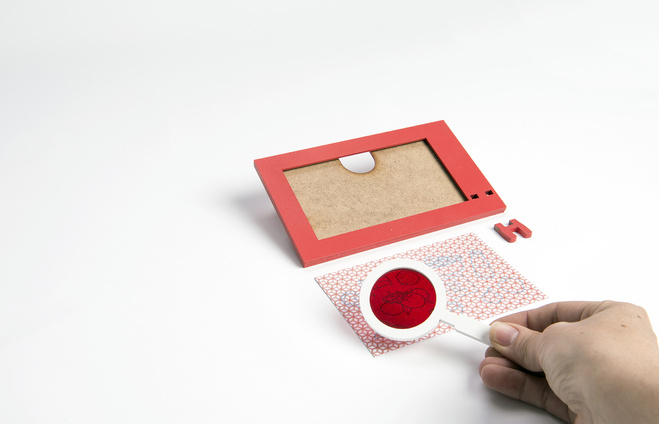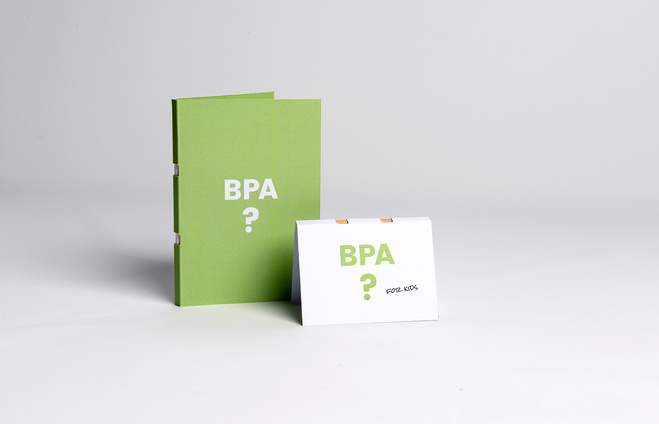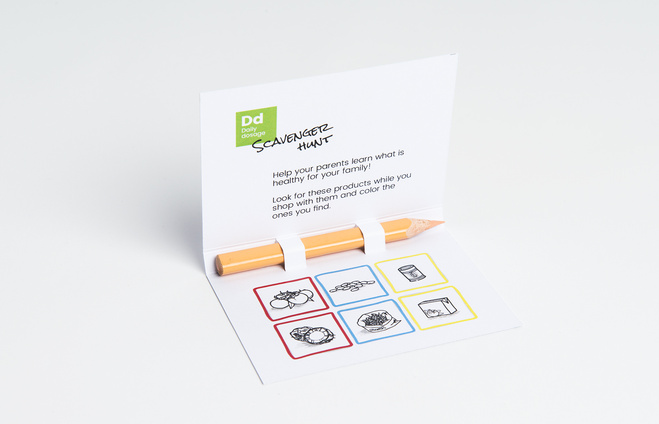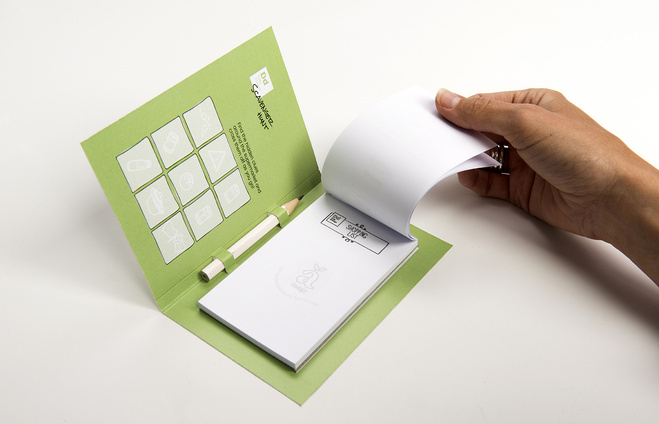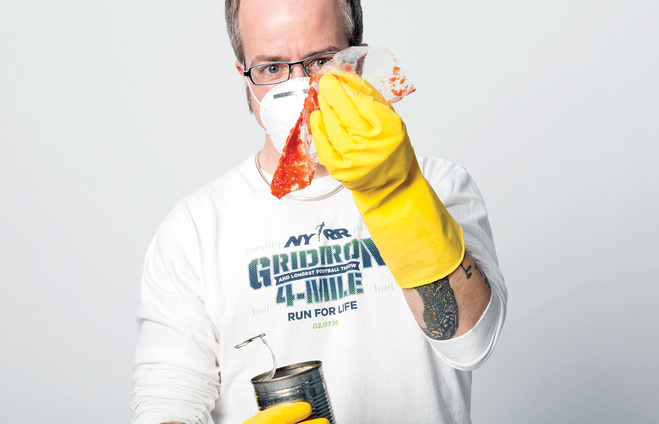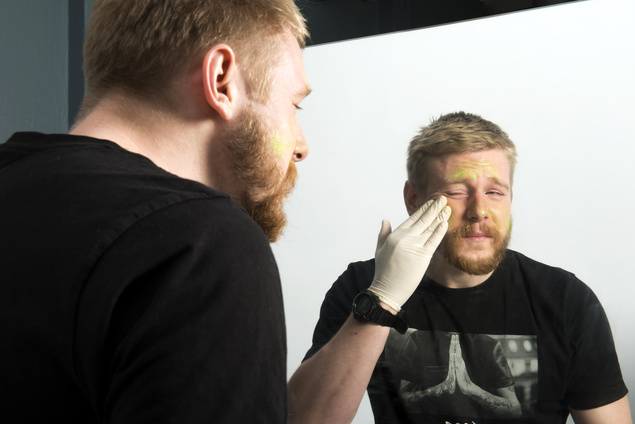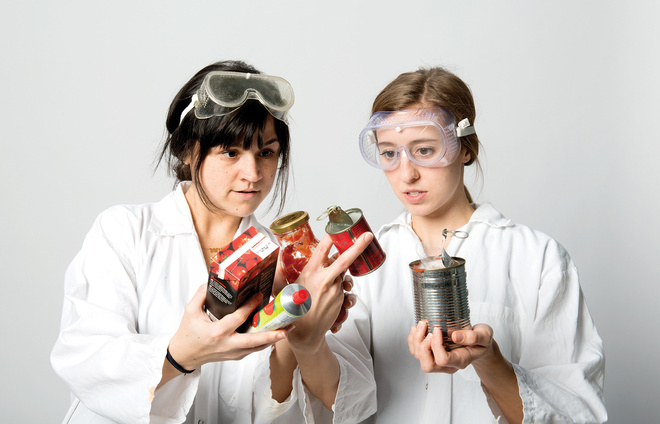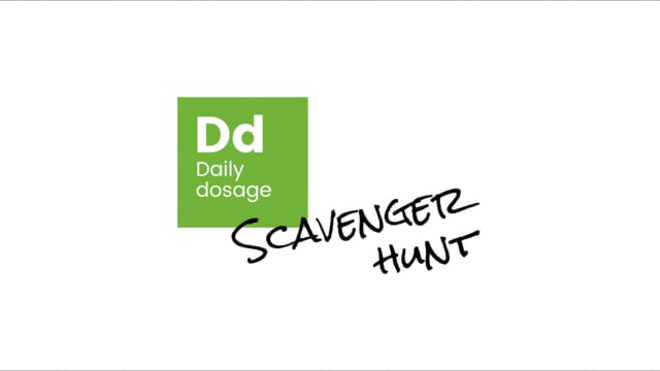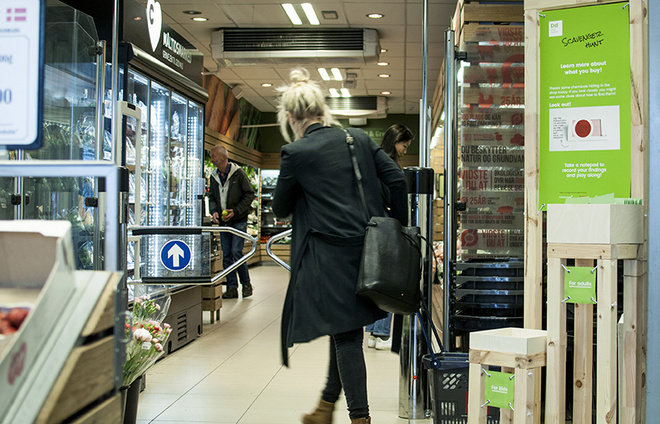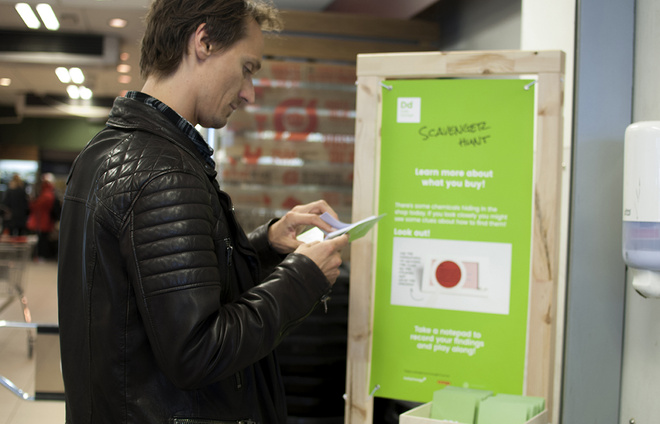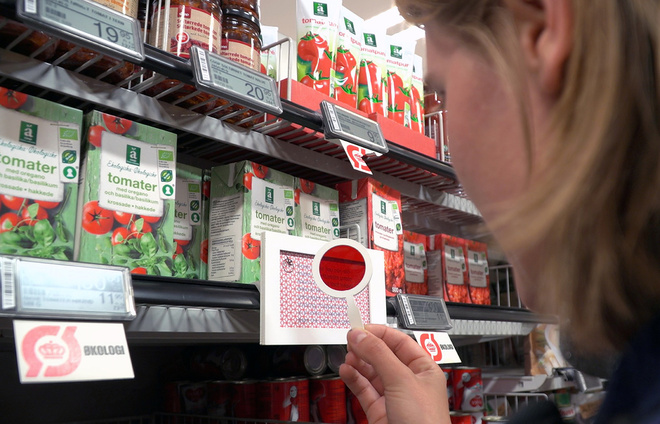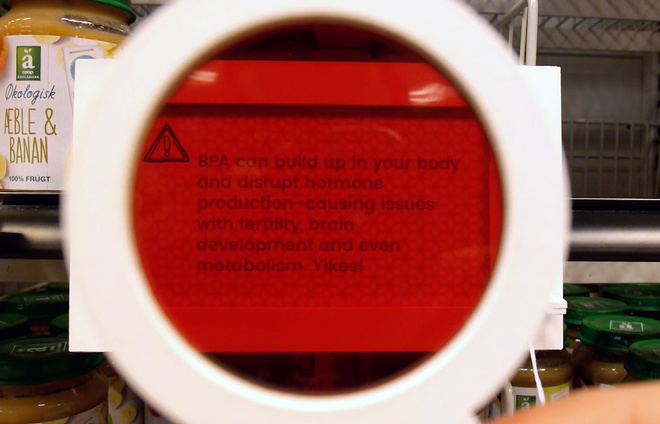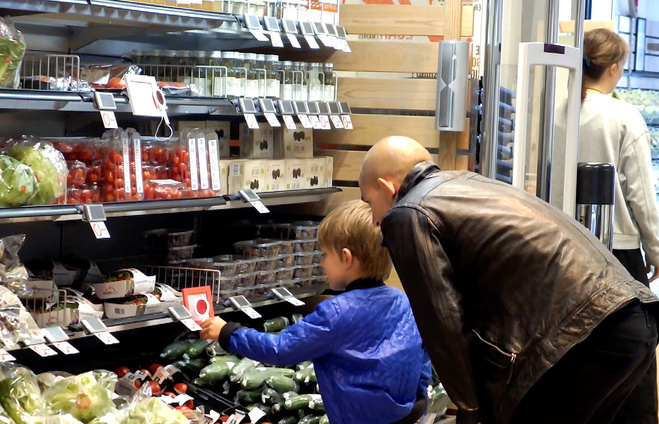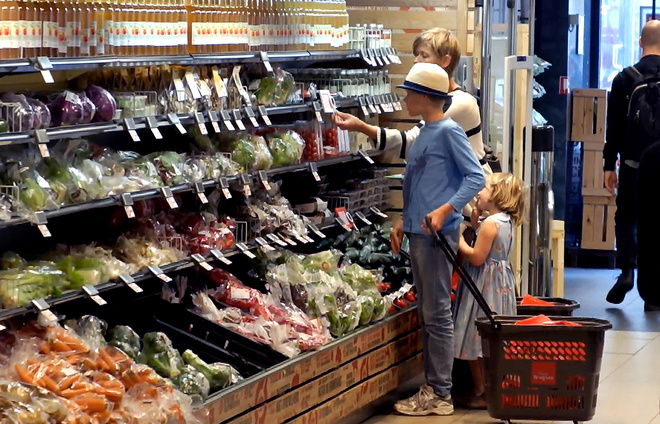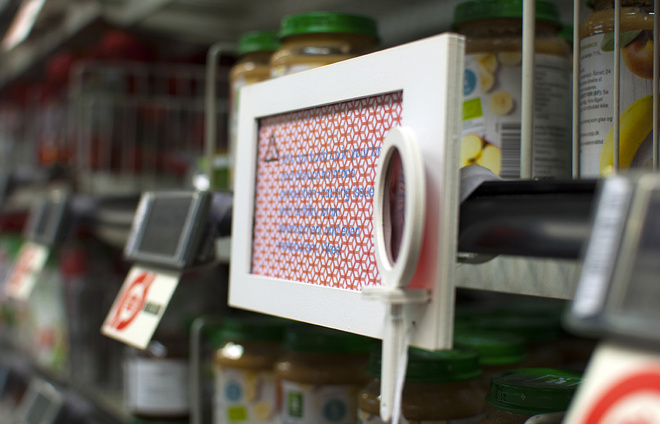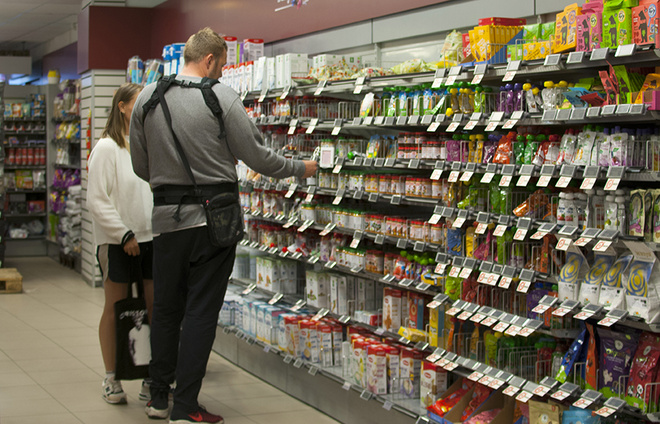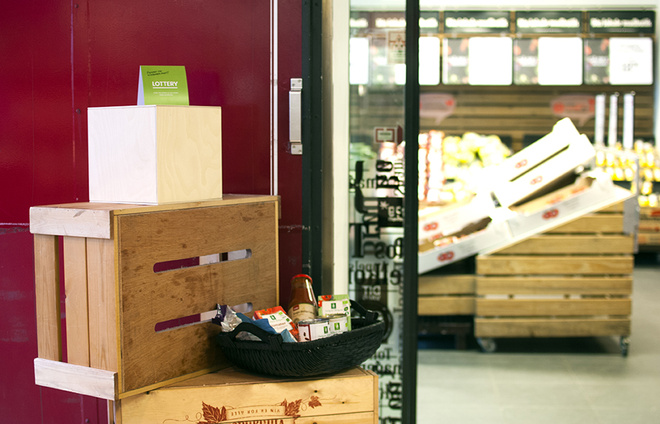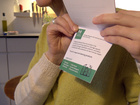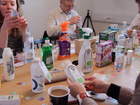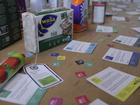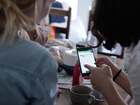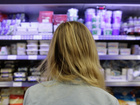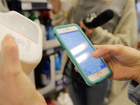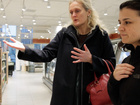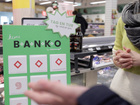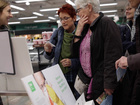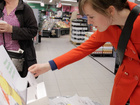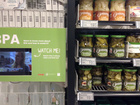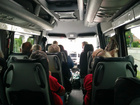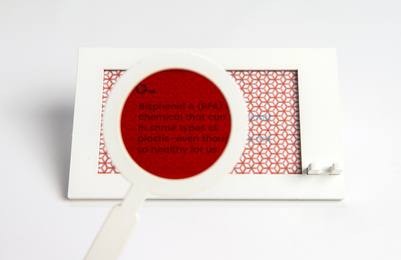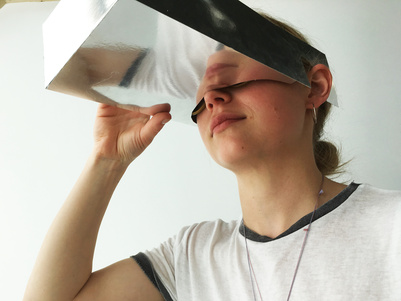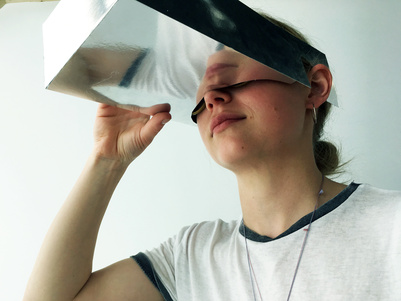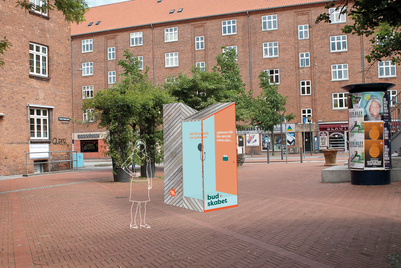Daily Dosage
Every day we’re exposed to harmful chemicals that threaten our health and well-being through the food we eat and the products we use. This codesign master’s thesis project explores how to help people reduce their “Daily Dosage” by providing knowledge about the chemicals in a playful and engaging way inside the supermarket. Together with Coop Denmark, we've designed a scavenger hunt that enables customers to learn about the chemicals and how to avoid them while they shop. The activity is primarily targeted towards families with kids, in order to start educating early on about how to make healthier choices.
This is a joint thesis project created together with Melanie Povlitzki.
Making the invisible visible
One reason the chemicals are so dangerous is that they’re invisible, and their effects may only reveal themselves over a long period of time. Because of this, consumers might not feel the pressure to change their habits, or even know how to avoid the chemicals. As designers, one of our major strengths is our ability to materialize and make abstract concepts tangible. By making the chemicals more present and visible the supermarket, the subject becomes more concrete and immediately relevant for customers, enabling them to act on the new knowledge they’ve gained and make choices that take the chemicals into account.
Collaboration through codesign
Throughout the project we collaborated not only with our partner organization, Coop Denmark, but also with the end users of our design: in this case, Coop customers, volunteers and members. In order to maintain collaboration with all of these different stakeholders, we conducted ethnographic interviews, held workshops, designed probes, made observations in supermarkets, and staged design interventions where we introduced our prototypes to people early on in our design process. These codesign engagements enabled us to position our project within Coop’s existing member structure. We’ve therefore designed the scavenger hunt as a kit to be used by volunteer members for spreading knowledge about how to avoid chemicals with fellow customers. This provides a way of engaging in Coop’s voluntary structure that goes beyond selling products, and enables local engagement around a topic of concern.
A peek at our process
Shifting production through consumption
By focusing on consumption and making it easier for customers to choose better, we believe that we can help move production in a cleaner, healthier direction. Sometimes we forget that it is ultimately us, consumers, who decide what’s on the supermarket shelves through our purchasing decisions. By demanding cleaner products, Coop and other producers will have a greater incentive for cleaning up their products and providing healthier alternatives.
Please contact the designers with questions regarding press.


